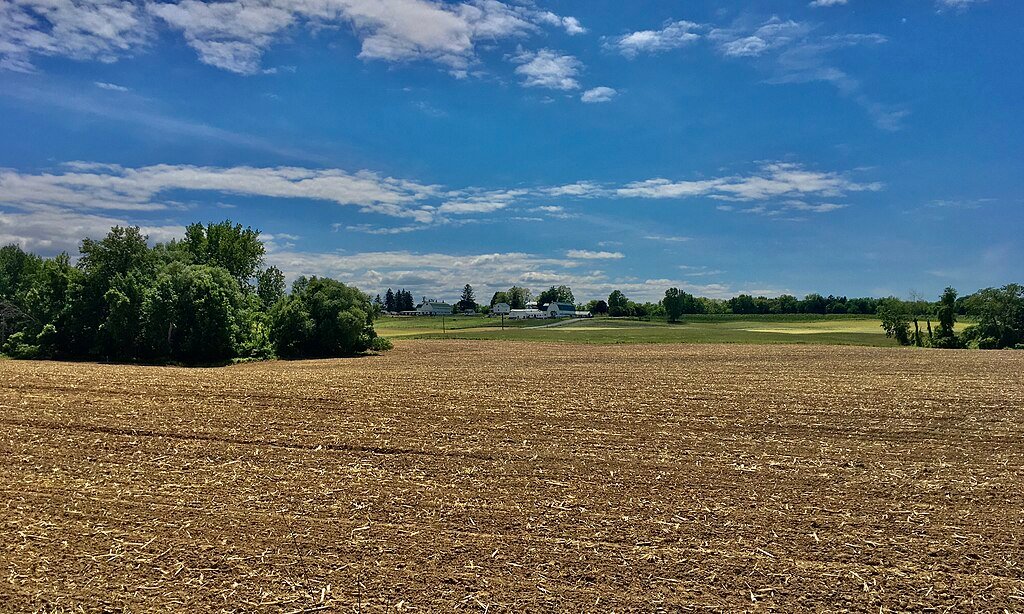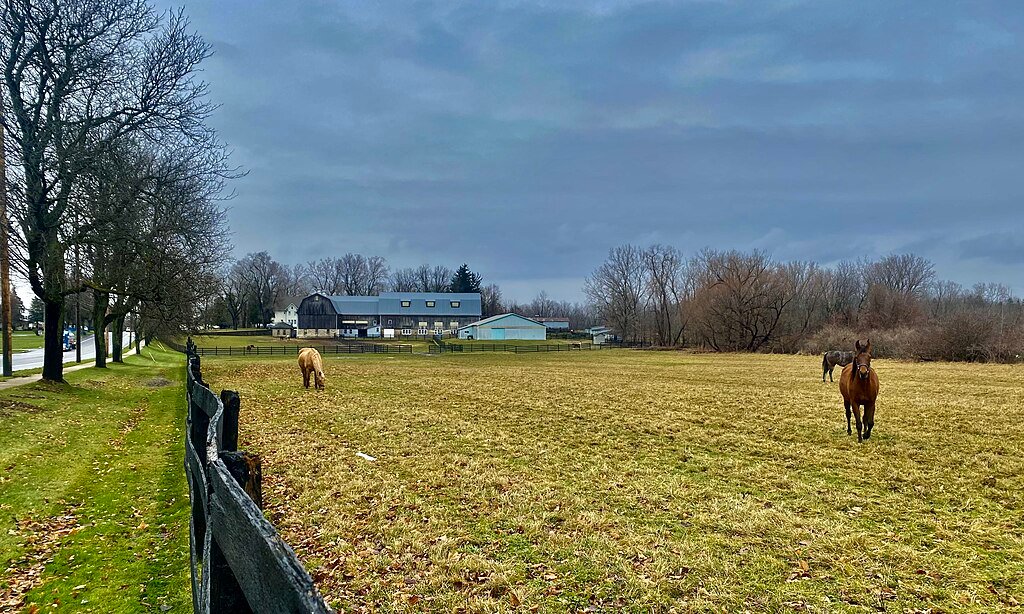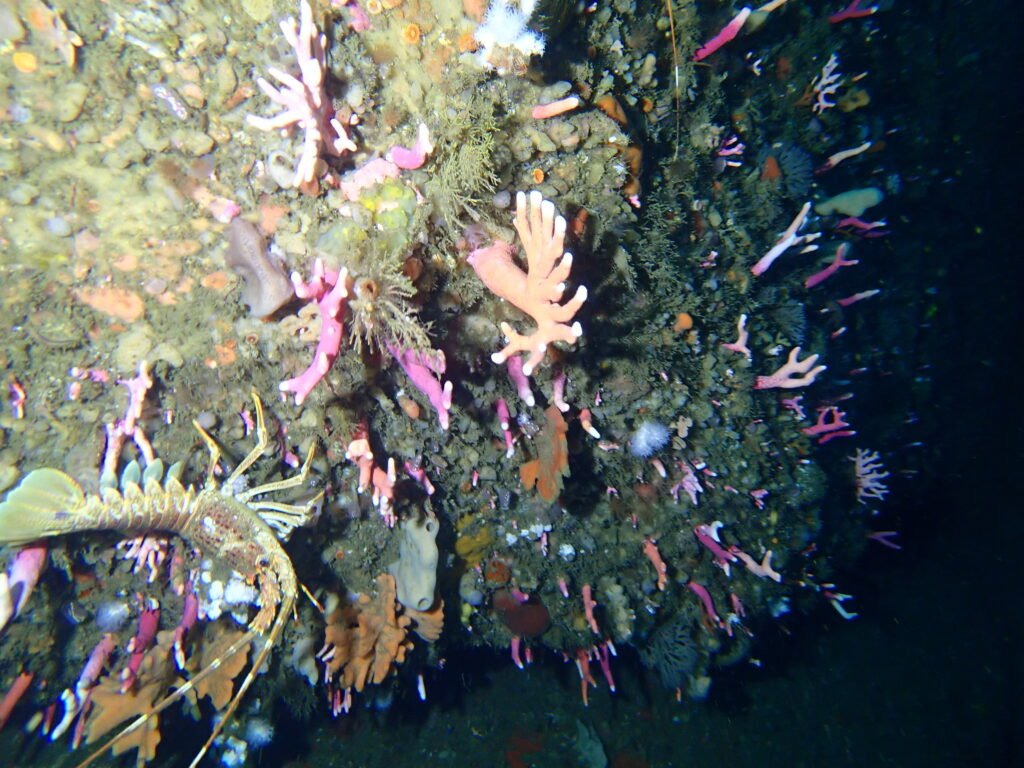New research highlights how New York dairy farms are achieving lower greenhouse gas emissions through sustainable practices. By growing their own feed and optimizing manure management, these farmers are reducing their environmental footprint while maintaining high milk yields.
How Farms Are Reducing Emissions

A study analyzing 36 medium to large dairy farms found that their emission intensities were lower than national estimates and among the lowest globally. The key factor was on-farm feed production, which minimizes reliance on external fertilizers and transportation. Additionally, improved manure treatment systems help reduce methane emissions, a major contributor to dairy-related greenhouse gases.
Economic and Environmental Benefits
Sustainable dairy farming not only lowers emissions but also boosts productivity. Farms implementing these practices report higher milk yields, reduced fertilizer costs, and better soil health. The study suggests that manure management improvements could further cut emissions while enhancing farm efficiency.
Future Directions in Daily Sustainability
Researchers emphasize the need for continued innovation in manure management and feed optimization. By refining these strategies, farms can further reduce their carbon footprint while maintaining profitability. The study provides a regional baseline for emissions, helping farmers make informed decisions about sustainability investments.
Conclusion

New York dairy farms are proving that sustainability and productivity can go hand in hand. By focusing on efficient feed production and manure management, these farms are setting a precedent for low-emission dairy operations that benefit both the environment and the economy.
Source:





